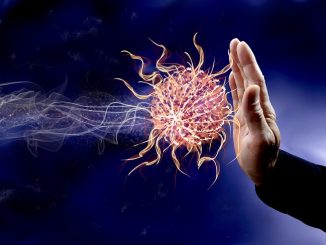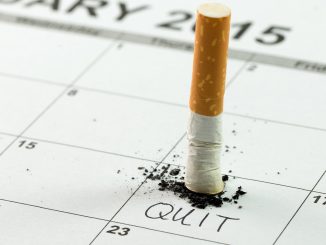
If you like to reuse plastic bottles, you’d better give up this habit. Read on to find out the reasons behind this recommendation.
Data gathered from studies conducted by the National Institute of Ambient Health Sciences in the United States showed that one-third of plastic bottles contain bacterial or chemical contaminants containing carcinogenic substances. The level of carcinogens found in plastic bottles exceeds industry standards.
Plastic bottles release dangerous chemicals
Plastic bottles are not as harmless as you may think. They can release various chemicals, some of which can be very toxic. Therefore, it is essential to pay attention to the symbols printed on the bottom of the bottle. One of these is a triangle with a number inside, indicating the type of plastic used to make the glass.
- Bottles marked with “1” (PET) can only be used once. If exposed to heat or sunlight, they can release toxic substances in the water.
- If the marked number is “3” or “7” (PVC or PC), the plastic bottle can release toxic substances that can get into solid or liquid foods. These bottles can cause serious diseases.
- The only plastic bottles that you can reuse are those made of polyethylene, marked with “2” or “4” and polypropylene, marked with “5” and the letters “PP”. They are relatively safe if you use them to store cold water only and if you disinfect them properly.
Bacteria: an important reason why you shouldn’t reuse plastic bottles
Another good reason against reusing plastic bottles are the high amounts of bacteria they can contain. Often times, their level exceeds the safe amounts for the body.
In fact, we are the ones who create ideal conditions for the development of microbes – for example, by grabbing the bottle with dirty hands, or filling it with water at room temperature. Simply washing or rinsing the bottle just won’t do enough. The risks of getting seriously sick or contacting viruses such as hepatitis A are still there. The amount of bacteria found in plastic bottles is huge. As a result, washing them simply won’t work the way you wish it would.
Even the caps are full of microbes that can penetrate into your mouth. One way to protect yourself against this is to use a straw.
Store the bottles carefully and cautiously
Never expose plastic bottles to heat, as it can easily lead to release of many harmful chemicals. At the same time, it is not advisable to keep the plastic bottles in a garage, where they are exposed to exhaust gases, pesticides and other chemicals that can affect the taste and smell of water.
They can produce antimony
Antimony is a toxic material commonly used in manufacturing water bottles. The longer you store and reuse plastic bottles, the more they’ll produce this toxic substance.
Antimony can cause nausea, vomiting and diarrhea. Therefore, it is important to drink the water soon after you buy it, without storing it for too long.



Leave a Reply